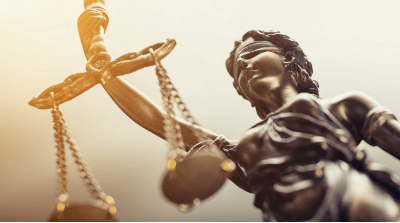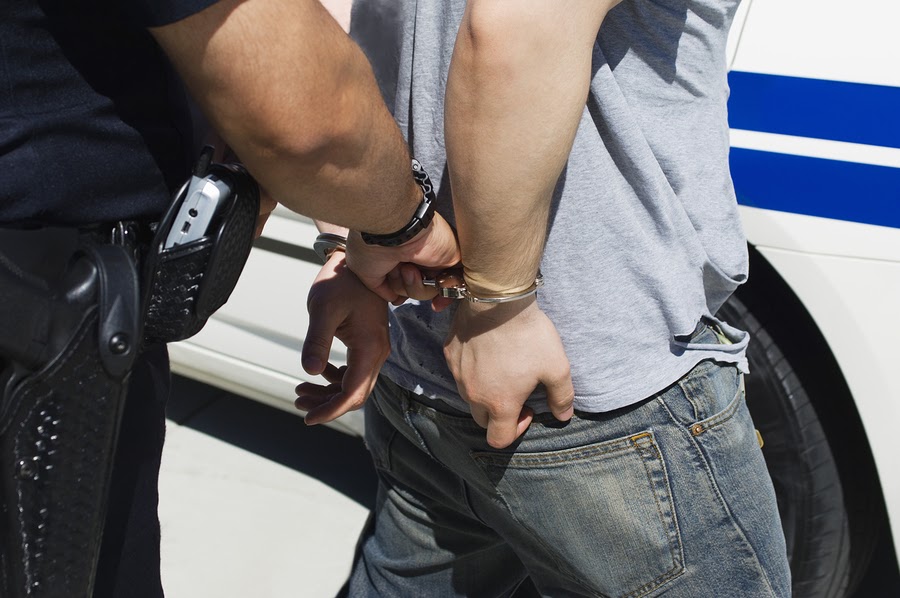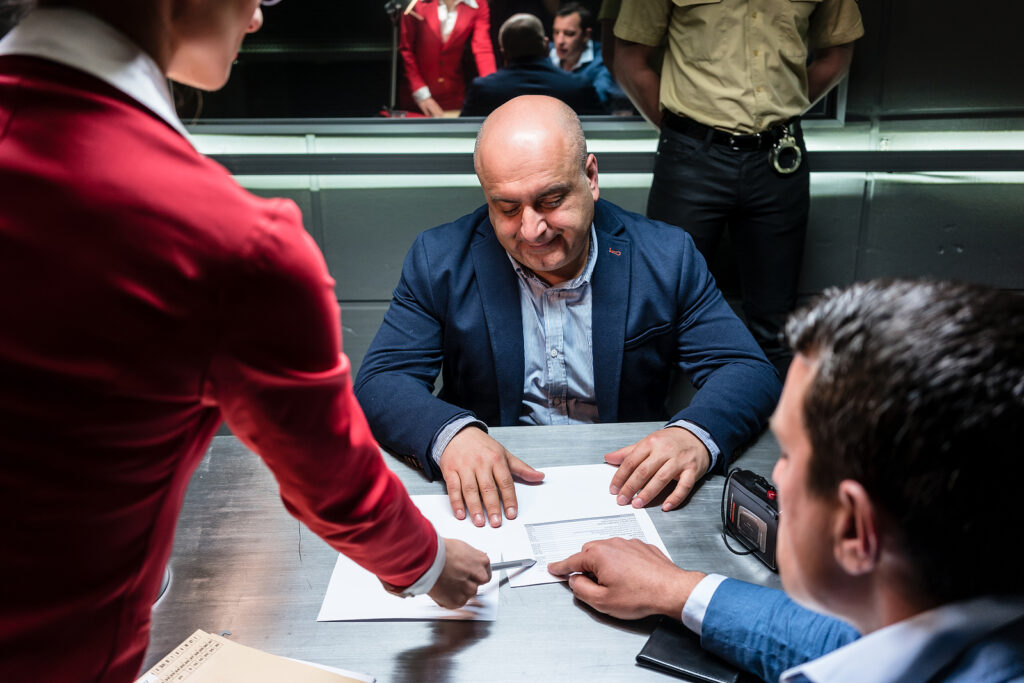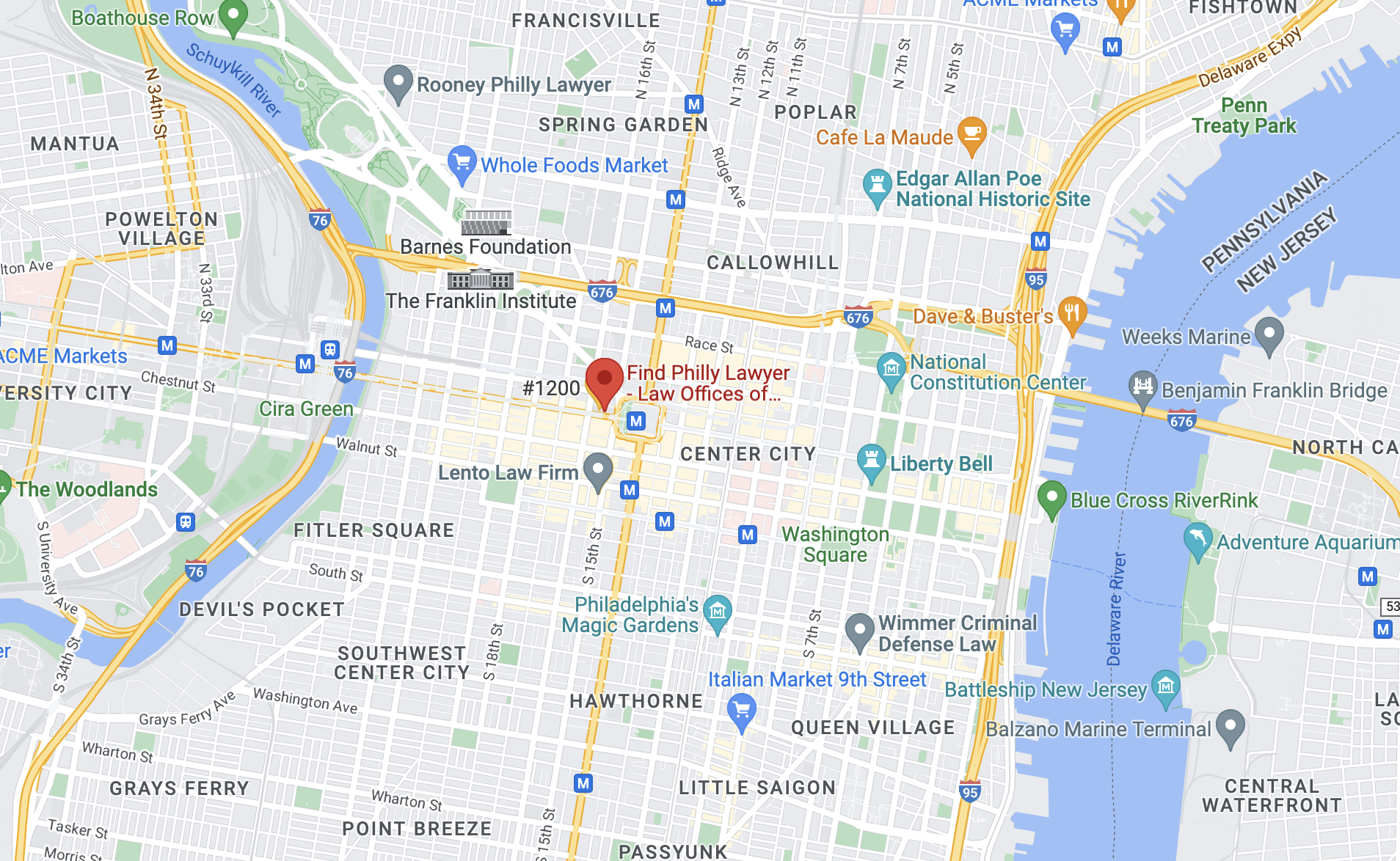Probation is a way for people convicted of crimes to serve their sentence outside of jail or prison. This, however, comes with the promise and expectation that the individual on probation will behave well and not get into trouble. Unfortunately, many people who get put on probation may run afoul of the law or otherwise find themselves in a situation that could have consequences for their ability to stay on probation.
The terms of probation include not committing any new crimes. Since driving under the influence is a crime, if you are found to be driving under the influence during a probation hearing, you run the risk of having your probation revoked and being required to return to jail or prison. Additionally, there are other potential legal repercussions, such as increased sentences or inability to get probation in the future.
For a free review of your situation, contact The Liberty Law Team and speak to our Philadelphia DUI defense lawyers by calling (215) 826-3314.
Consequences of Getting a DUI While on Probation in Pennsylvania
A probation violation of any kind, including getting a DUI, can end with you standing before a judge accused of a new crime. If you are accused of drunk driving in Pennsylvania while you are on probation, this is very likely to happen. Your probation officer could tell the court that they do not think you are fit to be out of jail because you are accused of a crime.
If you are suspected of violating probation in Pennsylvania, there are two hearings that will take place to address the alleged violation where our Bucks County DUI lawyers can represent you. These are known as “Gagnon” hearings, and they are further broken down into Gagnon I and Gagnon II hearings. It is very important to have our Pennsylvania DUI defense lawyers present during these hearings so that you stand the best chance of defending yourself and staying on probation.
Gagnon I Hearing
The Gagnon I hearing is meant to decide whether you need to be detained between now and your next hearing. This hearing determines whether there is probable cause that you violated your probation. If probable cause is found, you will be sent back to jail instead of being on probation. Because the consequences of a probable cause determination are serious, our attorneys can use the evidence surrounding your situation as well as make legal arguments to fight against a determination of probable cause for a probation violation.
Gagnon II Hearing
If the court determines that there is probable cause for a probation violation, then a Gagnon II hearing takes place. This is the hearing that determines whether you actually violated your probation terms. The main purpose of a Gagnon II hearing is to determine whether it makes sense to revoke probation from someone, taking into account all of the facts and circumstances surrounding your situation.
However, a Gagnon II hearing is not a criminal trial, so there will be no jury present to determine guilt or innocence. So, if you are having a Gagnon hearing to determine if you were driving under the influence, you may also have an upcoming criminal trial for that alleged crime.
Probation Revocation Outcomes after a DUI in Pennsylvania
Getting probation revoked does not necessarily mean that you will go to prison. The court takes into account all factors in determining what makes sense for each individual. However, DUI violations are taken very seriously, so there is a chance that the prosecutor or probation officer will recommend that the individual be re-incarcerated. All that said, our lawyers will advocate for you to the judge, your probation officer, and your prosecutor to get you a positive outcome for your probation hearings following a DUI. Potential outcomes for a probationary hearing are detailed in 42 Pa. C.S. § 9771
Temporary Imprisonment
One possible outcome is temporary imprisonment pursuant to 42 Pa. C.S. § 9771(g)(1). The length of time that you will be put behind bars depends on how many prior probation violations you have. For a first violation, the term is only three days. For a second, it increases to seven days. The term is 14 days for a third violation, and for a fourth or subsequent violation, the term is 21 days behind bars.
Courts will try and cooperate with you regarding this time that you have to be behind bars. For example, people who have jobs can schedule their jail time around their work schedule or serve on weekends. This can lengthen the time that you are experiencing the penalty, but it may make it more bearable and lessen its effects on your daily life.
Strengthened Probation Terms
The trial may also alter the deal you have for probation per 42 Pa. C.S. § 9771(g)(3). Such alterations may include increased drug and breathalyzer tests, requirements to attend certain programs, or enrollment in substance abuse treatment.
Revocation
If this is your third or subsequent probation violation, the court has the option to revoke your probation pursuant to 42 Pa. C.S. § 9771(i). Although you are facing the prospect of going back behind bars at this point, the court still has the options available to them for prior offenses, and our lawyers can work towards convincing the court that a lesser penalty is better for you under the circumstances.
Exceptions
Under 41 Pa. C.S. § 9771(h), if you can provide a “compelling reason” for violating probation, you can be let off the hook without any penalty. However, it may be tough to provide such a reason for driving drunk, so you should discuss it with our attorneys to see what makes sense for you.
Discuss Your Case with our Pennsylvania DUI Defense Lawyers Now
The Liberty Law Team’s Montgomery County DUI defense lawyers are here to help you out when you call (215) 826-3314.





 Liberty Law Team
Liberty Law Team  (215) 826-3314
(215) 826-3314 lonny@libertylawteam.com
lonny@libertylawteam.com





